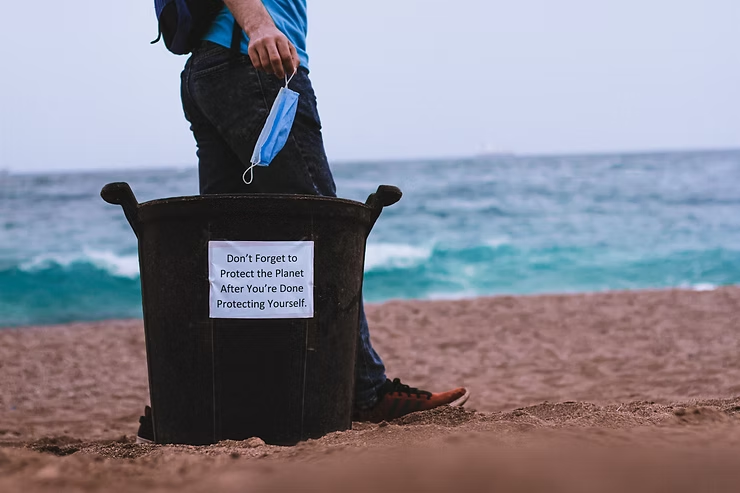Community-Led Marine Conservation: Protecting Oceans Together
Supporting community-based initiatives is one of the most effective ways to safeguard marine ecosystems. Local communities often have an intimate relationship with their coastal environments, making them valuable stewards of these critical resources. By empowering, educating, and engaging communities, we can foster long-term conservation, strengthen resilience, and promote sustainable development.
Key Strategies for Community-Based Marine Conservation
Empowering Local Leadership
Encouraging local leaders to spearhead conservation initiatives ensures that efforts are rooted in community knowledge and passion.
Education and Awareness
Programs that highlight the importance of biodiversity and marine ecosystems help build collective responsibility and inspire action.
Capacity Building
Workshops and training sessions can equip communities with practical skills in areas like sustainable fishing, eco-tourism, and habitat restoration.
Community-Based Research
Collaborating with locals in studying marine species and habitats provides vital insights while strengthening community decision-making.
Sustainable Livelihoods
Supporting eco-tourism, artisanal fisheries, and aquaculture offers income opportunities tied to conservation goals.
Marine Protected Areas (MPAs)
Engaging communities in the creation and management of MPAs helps protect habitats while promoting sustainable practices.
Coastal Cleanup and Restoration
Community-led efforts to clean coastlines and restore ecosystems like mangroves, coral reefs, and seagrass beds create healthier marine environments.
Alternative Fishing Gear
Introducing selective, eco-friendly fishing gear reduces bycatch and minimizes damage to marine habitats.
Community-Based Tourism
Tourism initiatives led by locals can provide economic benefits while showcasing marine biodiversity responsibly.
Integrating Cultural Practices
Respecting traditional knowledge and cultural values enriches conservation strategies and builds stronger community ownership.
Partnerships and Advocacy
- Collaborate with NGOs, governments, and universities for resources and expertise.
- Empower communities to advocate for policies that protect marine ecosystems.
Youth and Community Engagement
Involving young people in conservation through education, clubs, and mentorship ensures a new generation of stewards.
Monitoring and Evaluation
Community-led monitoring programs track ecosystem health, measure progress, and adapt strategies to changing conditions.
Funding and Recognition
Providing grants, microloans, or crowdfunding opportunities supports projects, while awards and recognition celebrate community achievements.
A Shared Path to Ocean Stewardship
Community-based marine conservation blends local wisdom with global collaboration. By supporting these initiatives, we protect marine biodiversity, foster sustainable livelihoods, and ensure oceans remain vibrant and resilient for generations to come.

